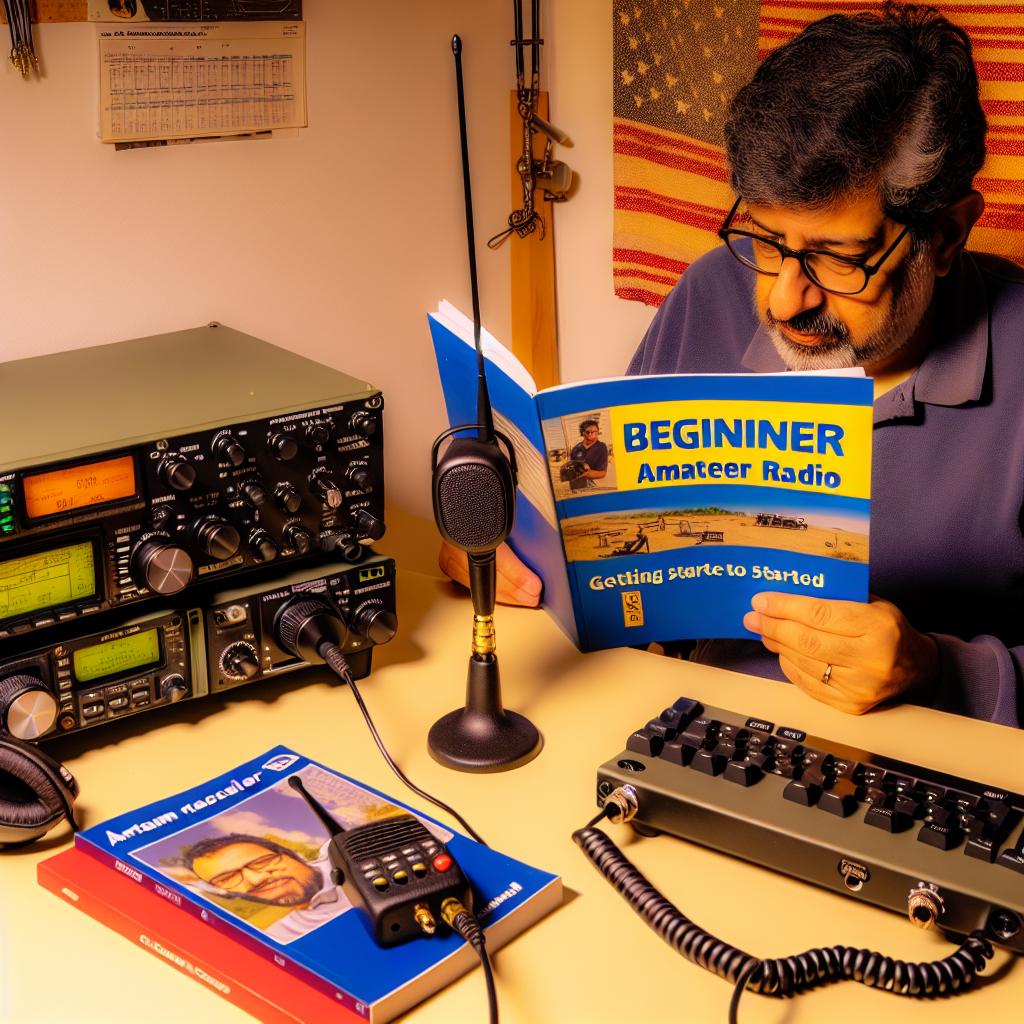Overview of VHF/UHF Repeaters
In the realm of radio communications, repeaters play a crucial role, particularly in the VHF (Very High Frequency) and UHF (Ultra High Frequency) bands. Repeaters are specialized devices that effectively extend the range of handheld and mobile radios. They achieve this by receiving a signal on one frequency and retransmitting it on another. This process is essential for overcoming physical obstacles like buildings or terrain that might otherwise disrupt direct communication.
How Repeaters Work
A repeater consists of several key components: a receiver, a transmitter, and a controller. The receiver listens on a specific input frequency. When it detects a signal with sufficient strength, it passes this signal to the transmitter, which then rebroadcasts it on a different output frequency. This frequency separation is necessary to prevent interference between incoming and outgoing signals. The controller manages the operation, ensuring the correct timing and sequencing of transmissions.
The receiver and transmitter in a repeater operate in harmony to facilitate smooth communication. The process begins with the receiver capturing an incoming signal. Once the receiver picks up a valid signal, the controller checks for any necessary sub-audible or digital-coded squelch tones to ensure that the transmission should be repeated. If it passes this test, the controller activates the transmitter, which then sends the signal back out into the environment.
Implementing this technology requires engineers to be mindful of several technical factors. One of the main considerations is maintaining effective isolation between the transmit and receive frequencies. This is crucial because the signals operate on closely positioned frequency bands and proper isolation prevents feedback or interference that could cause malfunction.
The Role of Duplexers and Antennas
Repeaters often employ duplexers, which are devices that allow the use of a single antenna for both transmitting and receiving. This is important because it minimizes the physical infrastructure required and can improve system reliability. Duplexers are designed to provide a high degree of isolation between the transmit and receive paths. This isolation is necessary to handle the high power levels involved in transmission while maintaining sensitivity in reception.
The antenna itself plays a vital role, and its placement is critical. High, unobstructed locations are preferred to maximize coverage. The effectiveness of a repeater is significantly influenced by antenna height and environment. An antenna located on a tall building or tower can provide extensive coverage over a wide geographic area, allowing signals to bypass obstacles that occur at lower altitudes.
Notably, the type of antenna also affects the repeater’s operational range. Directional antennas can focus the transmitted signal in a specific direction, enhancing signal strength in one area while minimizing it in others. On the other hand, omnidirectional antennas provide uniform coverage in all directions but may have limited reach compared to their directional counterparts.
Frequency Coordination and Licensing
Using repeaters involves adherence to regulatory standards, particularly with regard to frequency coordination. Licenses are required to ensure that frequencies are used efficiently and without interference. Many countries have specific agencies that oversee the allocation and coordination of radio frequencies. These agencies ensure that repeaters do not operate on overlapping frequencies, which could cause confusion and disrupt communication networks.
In some regions, coordinators—often volunteers with significant expertise—work to assign frequencies in a way that maximizes their utility and prevents conflicts. This role involves understanding the repeater’s geographic area, the equipment’s technical specifications, and the community’s needs. Coordination helps avoid interference with other local communications, ensuring smooth operation of the radio systems.
Obtaining a license and engaging in proper frequency coordination often requires understanding national and international regulations. These regulations may include provisions for power output, allowable bands, and identification protocols that repeaters must adhere to.
Applications and Benefits
Repeaters are invaluable in various settings, including emergency services, amateur radio, and commercial communications. By extending the range of VHF/UHF radios, they facilitate reliable communication in urban environments, mountainous areas, and other challenging terrains. This capability is especially critical for first responders who depend on uninterrupted communications for safety and coordination.
In emergency situations, the role of repeaters cannot be understated. They provide a critical link in relay systems that facilitate communications across emergency teams dispersed over large areas. This interconnectedness allows for faster response times and enhanced situational awareness.
In amateur radio, repeaters foster community and learning. They enable operators to reach others who might be beyond their manual transmission capabilities. Additionally, repeaters often incorporate systems to connect with internet-based networks, allowing radio operators to communicate with others worldwide.
Commercial entities utilize repeaters to enhance their operational communications as well. Industries like transportation, utilities, and agriculture can benefit from the reliability and reach that repeaters provide. They offer a cost-effective means to maintain clear and consistent communication channels across long distances.
For those interested in learning more about repeaters, various resources are available that delve deeper into technical specifications and operational guidelines. Engaging with radio enthusiast communities can also provide practical insights and opportunities for hands-on experience. Participating in events and forums allows one to gain firsthand knowledge about the latest advancements, challenges, and best practices in repeater use. Whether for professional or personal purposes, gaining expertise in this area can be both fulfilling and impactful.



